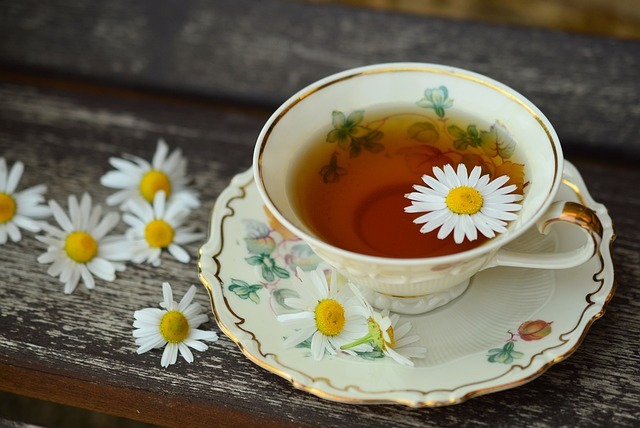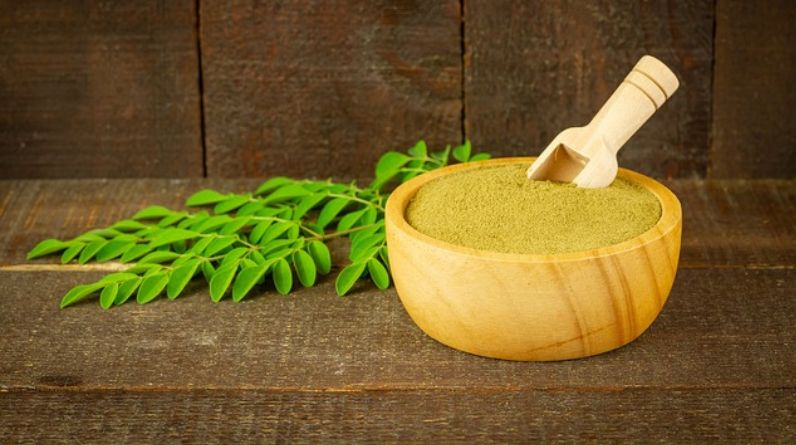
Natural Solutions for Common Ailments
Herbal remedies have been used for centuries as natural solutions for various common ailments. From soothing an upset stomach to relieving stress, certain herbs possess medicinal properties that can provide relief and support overall well-being. In this comprehensive guide, we will explore the world of herbal remedies, highlighting their benefits, potential uses, and important considerations when using them as alternative or complementary treatments.
Introduction
Herbal remedies are derived from plants and their extracts, including leaves, stems, flowers, and roots. These natural substances contain compounds that can have therapeutic effects on the body. Many cultures have a long history of using herbs to treat ailments and promote health. While scientific research on herbal remedies is ongoing, anecdotal evidence and traditional knowledge suggest their potential efficacy in managing common health issues.
Understanding Herbal Remedies
Herbal remedies offer a holistic approach to health and wellness, focusing on the body’s natural healing capabilities. The active compounds found in herbs can have diverse effects on the body, such as reducing inflammation, promoting relaxation, boosting the immune system, and supporting digestion. It’s important to note that herbal remedies are not intended to replace medical treatments but can serve as complementary options or alternative therapies for mild or chronic conditions.
Common Herbal Remedies and Their Uses
Various herbs have been traditionally used to address common ailments. Here are some popular herbal remedies and their potential uses:
1. Chamomile (Matricaria chamomilla)
Chamomile is well-known for its calming properties and is often used to promote relaxation and relieve anxiety. It can also aid in digestion and soothe stomach discomfort. Chamomile tea is a popular and accessible form of this herbal remedy.
2. Peppermint (Mentha piperita)
Peppermint is commonly used to soothe digestive issues, such as indigestion, bloating, and nausea. It has carminative properties that can help relax the muscles of the gastrointestinal tract. Peppermint tea or essential oil is commonly used for these purposes.
3. Echinacea (Echinacea purpurea)
Echinacea is believed to enhance the immune system and is often used to prevent or reduce the duration of common colds and respiratory infections. It comes in a variety of forms, such as capsules, tinctures, and teas.
4. Ginger (Zingiber officinale)
Ginger has long been used for its anti-inflammatory and digestive properties. It can help alleviate nausea, reduce muscle pain, and support healthy digestion. Ginger tea, ginger candies, or incorporating fresh ginger into meals are common ways to consume this herb.
5. Valerian (Valeriana officinalis)
Valerian is often used as a natural sleep aid and relaxant. It can lessen the signs of insomnia and aid with sleep quality. Valerian root is typically used in the form of capsules or tinctures.
6. Turmeric (Curcuma longa)
Curcumin, a substance found in turmeric, has strong anti-inflammatory and antioxidant properties. It is commonly used to reduce inflammation, support joint health, and promote overall well-being. You can take turmeric as a supplement or use it as a cooking spice.
Important Considerations for Using Herbal Remedies
When exploring herbal remedies, it’s essential to keep the following considerations in mind:
1. Quality and Safety
Choose reputable brands and ensure that the herbal products you purchase meet quality standards. Look for certifications or labels indicating that the product has undergone testing for purity and potency.
2. Individual Variability
Each person may respond differently to herbal remedies due to variations in body chemistry and health conditions. It’s important to start with a low dose and observe how your body reacts. Consult a medical expert, especially if you are taking medication or have any underlying health issues.
3. Potential Interactions
Some herbs may interact with prescription drugs or be harmful for those with specific medical conditions. It’s crucial to inform your healthcare provider about any herbal remedies you are using or planning to use to avoid potential interactions or adverse effects.
4. Duration and Consistency
Herbal remedies may require consistent use over a period of time to experience their potential benefits. It’s crucial to adhere to the dose recommendations and directions given by the manufacturer or healthcare provider. Be patient and allow sufficient time for the herbs to take effect.
FREQUENTLY ASKED QUESTIONS:
1. Can herbal remedies replace conventional medical treatments?
Herbal remedies are not intended to replace conventional medical treatments, especially for serious or acute conditions. However, they can be used as complementary or alternative therapies for mild or chronic ailments. It’s important to consult with a healthcare professional before using herbal remedies, especially if you have underlying health conditions or are taking medications.
2. Are herbal remedies safe?
When used appropriately and under the guidance of a healthcare professional, many herbal remedies can be safe and effective. However, it’s important to note that herbal remedies are not without risks. Some herbs may interact with medications, have contraindications for certain health conditions, or cause side effects in some individuals. It’s best to consult with a healthcare professional or a qualified herbalist before using herbal remedies, especially if you have any underlying health conditions or are taking medications.
3. Can pregnant or breastfeeding women use herbal remedies?
Pregnant or breastfeeding women should exercise caution when using herbal remedies, as certain herbs may have adverse effects. It’s crucial to consult with a healthcare professional before using any herbal products during pregnancy or while breastfeeding to ensure the safety for both mother and baby.
4. Can children use herbal remedies?
Herbal remedies may not be suitable for young children, as their bodies are still developing. It’s best to consult with a healthcare professional before administering herbal remedies to children to ensure safety and appropriateness.
5. Can I combine different herbal remedies?
Combining herbal remedies should be done with caution, as certain herbs may interact with each other or with medications. It’s important to consult with a healthcare professional or a qualified herbalist before combining different herbal remedies to ensure safety and avoid potential adverse effects.
6. What are herbal remedies, and how do they differ from conventional medicine?
Herbal remedies are natural plant-based products that have been used for centuries to promote health and address common ailments. They can be consumed as teas, tinctures, capsules, or topical applications. Unlike conventional medicine, which typically uses synthetic compounds, herbal remedies harness the medicinal properties of plants and their active compounds to support the body’s healing processes.
7. Can herbal remedies treat or cure specific ailments?
While herbal remedies have been used for centuries to address various ailments, it’s important to approach their use with realistic expectations. Herbal remedies are not meant to replace medical treatment or cure serious medical conditions. However, they can offer symptomatic relief, support the body’s healing processes, and promote overall well-being. It’s important to consult with a healthcare professional for a proper diagnosis and to determine the most appropriate treatment approach for your specific condition.
8. How do I choose the right herbal remedy for my ailment?
Choosing the right herbal remedy involves considering several factors. Start by identifying the specific ailment or symptoms you want to address. Research herbs that have been traditionally used for those purposes. Look for scientific evidence or clinical studies supporting their effectiveness. Consider the form of the herbal remedy, such as teas, tinctures, or capsules, and determine which form is most convenient for you. Lastly, consult with a healthcare professional or a qualified herbalist who can provide personalized guidance based on your health history and specific needs.
9. Are there any precautions I should take when using herbal remedies?
Yes, it’s important to exercise caution when using herbal remedies. Here are some safety measures to remember:
Research and choose reputable sources: Ensure you’re using reliable information when researching herbal remedies.
Start with low doses: Begin with the lowest effective dose and gradually increase if necessary, following recommended guidelines.
Be aware of potential interactions: Some herbs may interact with medications or other supplements. If you’re taking any drugs, talk to a medical expert.
Monitor for side effects: Pay attention to any adverse reactions and discontinue use if you experience any unwanted effects. Inform your healthcare provider of any worries.
Inform healthcare providers: Always inform your healthcare providers about any herbal remedies you’re using, as they may impact medical treatments or interventions.
10. Can herbal remedies be used alongside conventional medicine?
In some cases, herbal remedies can be used alongside conventional medicine. However, it’s essential to consult with a healthcare professional to ensure there are no contraindications or potential interactions. They can provide guidance on the appropriate combination and dosage of herbal remedies in conjunction with conventional treatments. Open communication with your healthcare team is crucial for ensuring safe and effective integration of herbal remedies into your overall healthcare plan.
Remember, exploring herbal remedies can offer natural solutions for common ailments, but it’s important to approach their use with knowledge and caution. Consultation with a healthcare professional or a qualified herbalist is recommended to ensure the safe and appropriate use of herbal remedies for your specific needs and health conditions.





